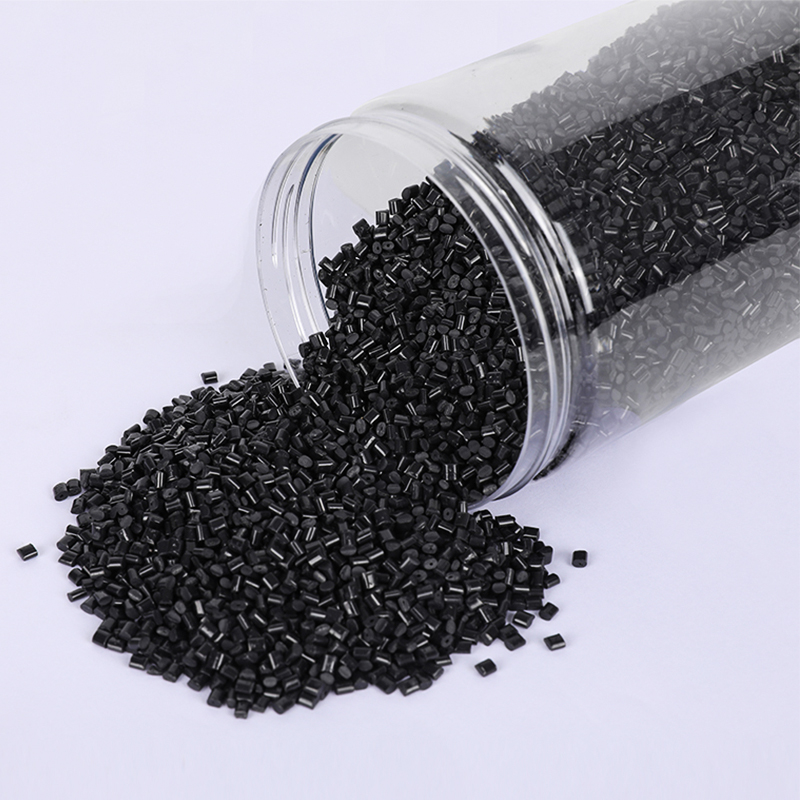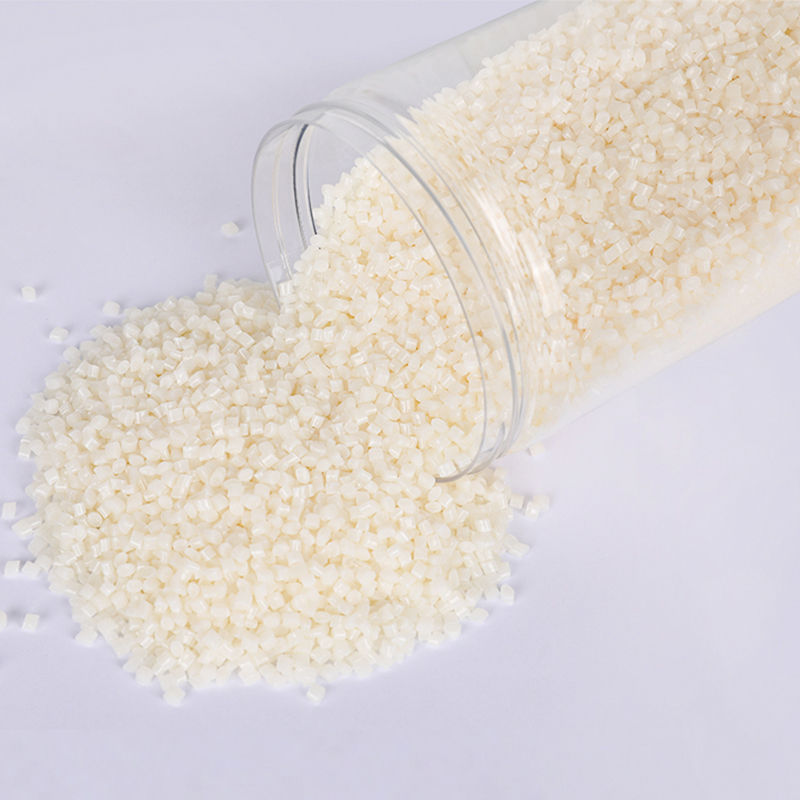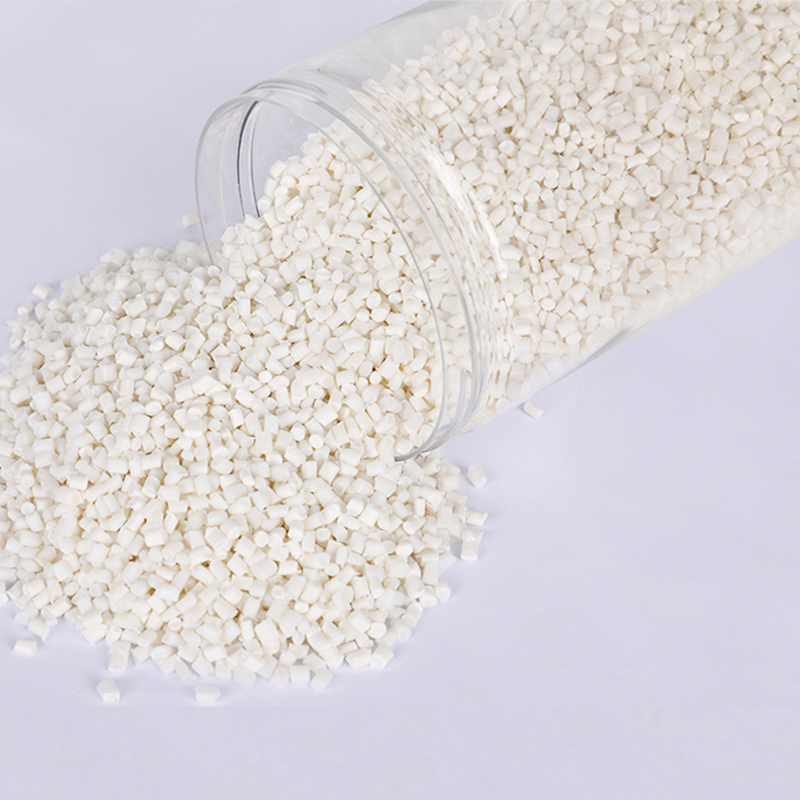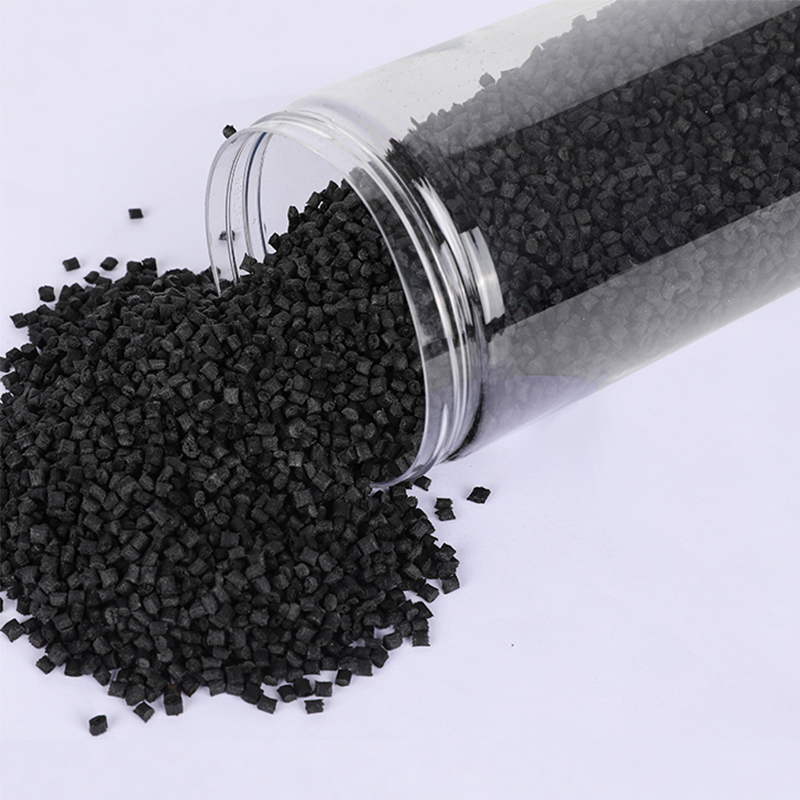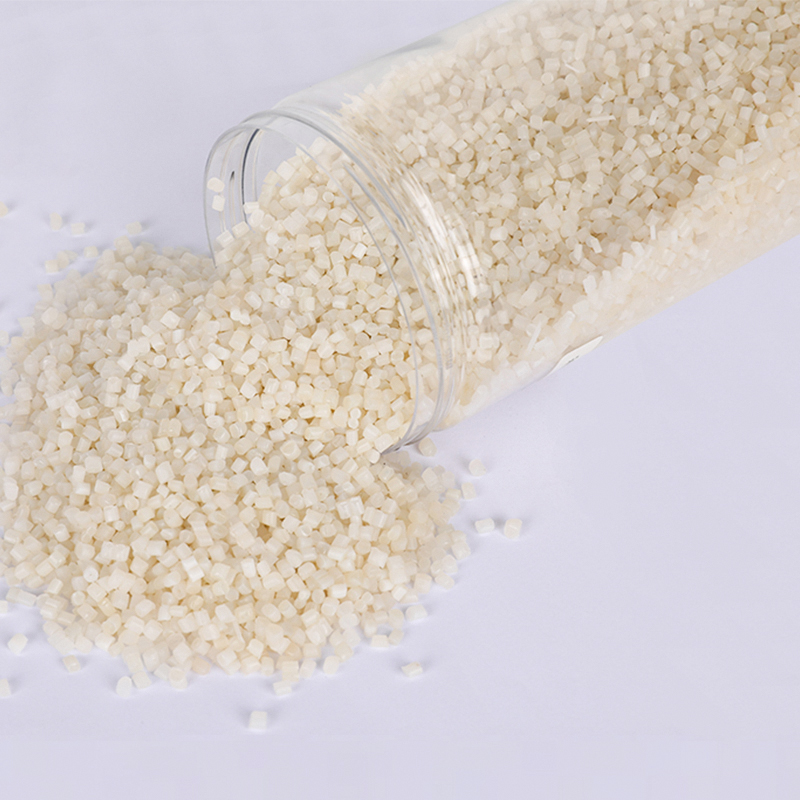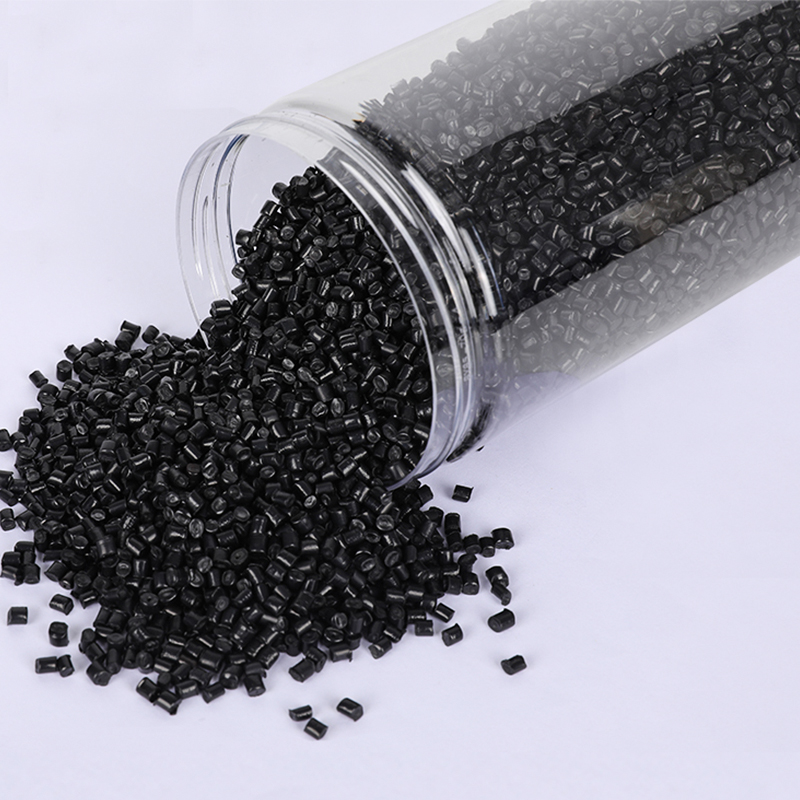Stay up to date with our recent products
Web Menu
Product Search
Exit Menu
Recycled Plastic Raw Material: Transforming Waste into Value
Introduction
Plastic has revolutionized modern life, but its widespread use has created one of the greatest environmental challenges of our time. Global plastic production exceeds 400 million tons annually, and much of it ends up in landfills, incinerators, or the ocean. One of the most effective ways to reduce this burden is by turning waste plastic into recycled plastic raw material (RPRM)—a sustainable alternative to virgin plastic that can feed directly into manufacturing industries.
This article explores the processes, applications, economic potential, and challenges of recycled plastic raw material, highlighting its growing importance in the circular economy.
What is Recycled Plastic Raw Material?
Recycled plastic raw material refers to pellets, flakes, or granules obtained after waste plastic is collected, sorted, cleaned, and processed through various recycling methods. These raw materials can replace or complement virgin polymers in producing a wide range of products, from packaging and textiles to automotive parts and construction materials.
The most common recycled plastics include:
PET (Polyethylene Terephthalate): Bottles, textiles, packaging films.
HDPE (High-Density Polyethylene): Containers, pipes, crates.
LDPE (Low-Density Polyethylene): Bags, films, flexible packaging.
PP (Polypropylene): Automotive parts, household goods.
PS (Polystyrene): Packaging, insulation materials.
PVC (Polyvinyl Chloride): Pipes, profiles, flooring.
The Recycling Process
Collection & Sorting
Waste plastics are collected from households, industries, and post-consumer waste streams.
Advanced sorting technologies such as infrared spectroscopy, float-sink separation, and robotics help separate plastics by type and color.
Cleaning & Shredding
Contaminants like food residue, adhesives, and labels are removed.
Plastics are shredded into smaller flakes for further processing.
Processing Techniques
Mechanical Recycling: Plastics are melted and reformed into pellets. This is cost-effective but can degrade polymer quality over time.
Chemical Recycling: Plastics are broken down into monomers or fuels through pyrolysis, gasification, or depolymerization. This method restores material quality but is energy-intensive.
Advanced Additives: To improve strength, color, or durability, stabilizers and modifiers are mixed with recycled pellets.
Compounding & Pelletizing
The cleaned and processed plastic is extruded into pellets, the most common form of recycled raw material, which can be easily transported and reused by manufacturers.
Applications of Recycled Plastic Raw Material
Packaging Industry: Bottles, containers, films, and bags.
Textiles: Polyester fibers from recycled PET (rPET) for clothing, upholstery, and carpets.
Construction: Pipes, sheets, insulation, roofing tiles, and composite lumber.
Automotive: Interior panels, bumpers, underbody shields, and seat fabrics.
Consumer Goods: Toys, household appliances, electronics casings.
3D Printing: Recycled filaments are increasingly popular in additive manufacturing.
Environmental Benefits
Waste Reduction: Diverts millions of tons of plastic from landfills and oceans.
Energy Savings: Producing recycled plastics requires up to 80% less energy compared to virgin materials.
Lower Carbon Footprint: Reduces greenhouse gas emissions by avoiding fossil fuel–based raw materials.
Resource Conservation: Limits reliance on crude oil and natural gas, the primary feedstocks for virgin plastics.
Economic Value
Market Growth: The global recycled plastics market is projected to surpass USD 100 billion by 2030, driven by consumer demand and government regulations.
Cost Competitiveness: Recycled pellets often cost less than virgin plastic, especially during periods of high oil prices.
Job Creation: Collection, sorting, and recycling industries generate employment at local and global scales.
Challenges in Recycling Plastic into Raw Material
Quality & Consistency: Recycled plastics often have inferior mechanical properties compared to virgin plastics.
Contamination: Food waste, adhesives, and mixed materials complicate recycling.
Downcycling: Many plastics lose quality after multiple recycling cycles.
Infrastructure Gaps: Not all regions have efficient collection and recycling systems.
Consumer Awareness: Proper segregation of waste remains a major barrier in many countries.
Future Trends and Innovations
Chemical Recycling Scale-Up: Large-scale plants are being developed to improve efficiency and restore plastic quality to virgin-like standards.
Blockchain in Recycling: Traceability technologies ensure transparency in sourcing and processing recycled plastics.
Biodegradable Additives: Enhancing recycled plastics with additives that improve end-of-life options.
Closed-Loop Systems: Brands are committing to take-back schemes where their products are fully recycled into raw materials for new products.
Conclusion
Recycled plastic raw material is no longer a niche alternative—it is a strategic necessity for industries seeking sustainable growth. While challenges remain in quality control, infrastructure, and consumer participation, technological advancements and stronger policies are steadily pushing RPRM into the mainstream. By embracing recycled plastics, we reduce environmental impact, conserve resources, and move closer to a true circular economy.
The future of plastic lies not in disposal, but in reinvention.
As China PCR Recycled Plastic Granules Factory, We always adhere to the experience and philosophy of "keeping up with the times, constantly innovating, developing efficiently, and cooperating for mutual benefit"

Address: No.11, Wangzhuang Section, Provincial Road 01, Daqiao New Area, Economic Development Zone, Haiyan County, Jiaxing City, Zhejiang Province, China
Phone: +86-18058285678
Fax: +86-0573-86868101
E-mail: [email protected]
SUNRISE GROUP(Overseas Exclusive Agent)
www.sunrisechemical.com
2024 ICIS Global Chemical Distributor Top 8
Export Sales Manager:Helen Zhang
Mob/Whatsapp: +86 19883063465
Email: [email protected]
Copyright © Jiaxing Anyiju Plastic Industry Co., Ltd. All Rights Reserved

 简体中文
简体中文 English
English

